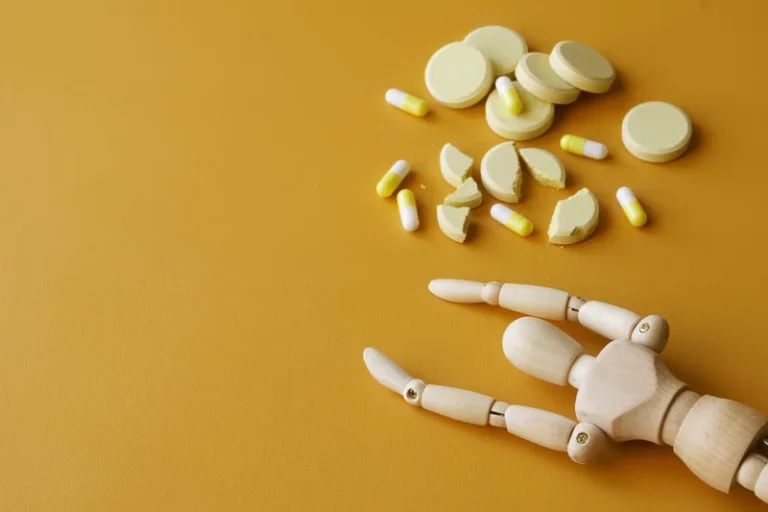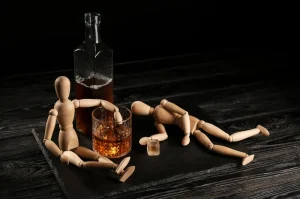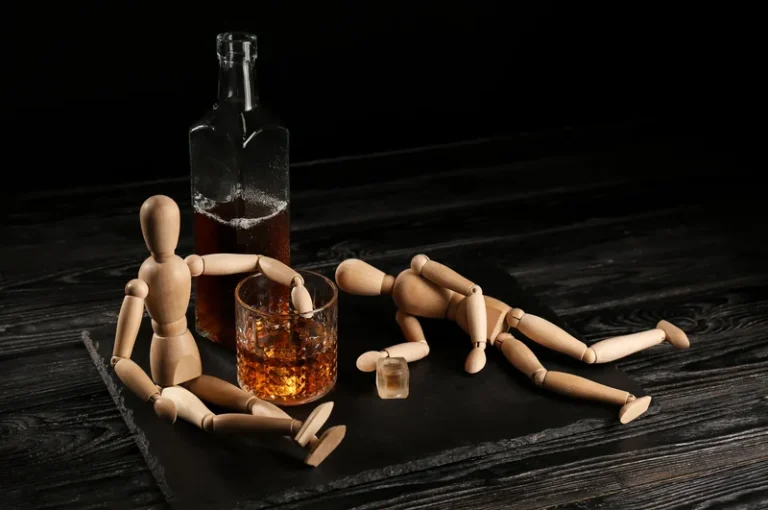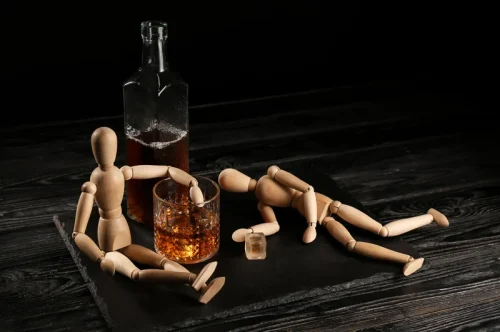
You might binge drink in order to feel confident talking, flirting, or making jokes with strangers. As you start to prioritize your alcohol use, it can have a negative effect on your work, school, or social life. You might try cutting back on your drinking but find that you suffer headaches, fatigue, anxiety, or irritability on the days when you don’t drink. During pregnancy, alcohol use increases the risk of fetal alcohol spectrum disorders, which refers to the collective lifelong physical, behavioral, and cognitive impairments that occur due to prenatal alcohol exposure. While drinking alcohol is normalized socially and is legal above the age of 21 in the United States, it can still have harmful impacts on the body.
About this article
It’s a little jaw dropping, I think, if you don’t think about that statistic every day. Our staff consists of many licensed addiction and mental health treatment facilitators and other staff who are ready to share their experience and their success. At Solutions Healthcare Treatment, we’re committed to making your journey to sobriety as smooth as possible.

How to stop binge drinking
If your excessive alcohol use is a recurring issue, you might admonish yourself for your poor self-control or even develop a sense of self-loathing. Observational trials are where you follow people over long periods of time for health-related outcomes when (the subjects or drinkers) are naturally picking the behavior. During a drinking binge, it’s common for people to do things they wouldn’t normally do. People may drive recklessly, fall down stairs, start fires, or get hit by cars.
- The United States, the United Kingdom, and Spain have emerged as the leading contributors to this field, with the United States spearing research efforts and achieving notable advances.
- You might start the night with the intention of drinking one or two beers.
- Knowing your limits, including what number of drinks qualifies as binge drinking, is an excellent first step in preventing future binge drinking episodes.
- Just one call can be the beginning of your transformation, making us your trusted partner in battling addiction and mental health issues.
Why is binge drinking dangerous?
However, even infrequent binge drinking behaviors can increase the risk of serious medical conditions. The potential for developing an alcohol use disorder grows when binge drinking behaviors grow in frequency and severity. Binge drinking is the act of men consuming five or more standard alcoholic drinks and women consuming four or more drinks within 2 hours.
- Binge drinking is when someone drinks a large quantity of alcohol in a short amount of time.
- Alcohol can damage body tissues and interfere with your body’s ability to absorb nutrients and break down harmful chemicals.
- To keep that limit in mind, consider writing it down, setting a reminder on your phone, or telling a friend about your intentions.
- When you’re drinking together, remind them of the limit they set for themselves.
- When a man begins to rely on alcohol regularly or finds it difficult to stop once he starts drinking, it may indicate the development of alcohol use disorder.
- The National Institute on Alcohol Abuse and Alcoholism defines binge drinking as a pattern of drinking alcohol, typically within a 2-hour period, which brings a person’s BAC to 0.08% or higher.

Our leadership team has extensive experience in dual-diagnosis treatment and is ready to help those who are struggling with substance use and mental health. All the data generated or analyzed during this study are included in this published article. In addition, other datasets used during the current study are available from the author upon reasonable request (). Addressing alcohol dependency requires a structured approach that considers both physical and psychological factors. The first step for many men is detoxification, a medically supervised process that helps the body eliminate alcohol safely while managing withdrawal symptoms.
Why Do People Binge Drink?
- Your loved one might deny the problem, deflect, or get mad at you.
- Individuals of African descent have a lower level of binge drinking followed by those of Asian descent.
- The shift from occasional heavy drinking to alcohol use disorder is often gradual and can be difficult to identify.
- Many people think of heavy drinking as part of American culture.
- If you find it hard to stop drinking once you have started, you could also have a problem with binge drinking and possibly alcohol dependence.
- Al-Anon and Alateen – Support groups for friends and families of problem drinkers.
Public health officials have designated binge drinking behavior as a very serious problem. The costs of health care, lost productivity from work, legal costs, and treatment expenses related to binge drinking behaviors resulted in over $250 billion in damages in the US. Studies show that binge drinking can affect your working memory, which is your ability to store short-term information and keep track of what you’re doing. Drinking in excess can also lead to alcohol-induced “blackouts.” This is when your brain fails to move information from short-term to long-term storage, resulting in fragmented memories or difficulty recalling events. When you hear the binge drinking effects term “binge drinking,” you may picture underage drinking at high school or wild college parties.
You also can’t be expected to constantly monitor their decisions. Your role is simply to remind them of commitments they made and offer small nudges in the right direction. If you have trouble stopping drinking once you start, these tips can help you build a healthier relationship with alcohol. There are several options available for people who currently binge drink.
Understanding Binge Drinking and Alcohol Addiction: Risks and Recovery

That increase may be contributing to the increasing rates of alcohol-related illnesses and death. People with alcohol use disorder frequently binge drink, but they do this on a more regular basis than people who engage in single episodes of binge drinking. Unfortunately, even one night of binge drinking can be dangerous to your health. Binge drinking has both short- and long-term health consequences.
The primary objective of these studies is to apply these findings to improve interventions and treatment strategies for individuals who binge drink 74–76. This focus on mechanistic research is in line with larger attempts in the field of alcohol studies to understand the intricacies of excessive alcohol use and lessen its detrimental impacts on the general public’s health 77–79. Although we identified several bibliometric studies that address specific substance use disorders 12–20, none have explicitly focused on binge drinking, which makes this article a pioneering contribution in this area. The National Institute on Alcohol Abuse and Alcoholism (NIAAA) defines binge drinking as a pattern of drinking alcohol that brings blood alcohol concentration to 0.08%—or 0.08 grams of alcohol per deciliter—or higher. As far as long-term effects, binge drinking can also lead to internal damage, especially if you’re regularly engaging in binge drinking episodes. Large amounts of alcohol consumed over a long period of time can negatively impact the parts of your brain that deal with judgment, balance and coordination.
Heavy Drinking
This is sometimes called the “5+/4+ rule” (5-plus/4-plus rule) of binge drinking. Binge drinking isn’t necessarily an indicator that you or a loved one has alcohol use disorder (also known as alcoholism), which Substance abuse is a dependency on alcohol consumption. And a more recent 2021 study showed that binge drinkers are more likely to also abuse other substances, such as the misuse of prescription drugs. We see the damage build up with continued exposure over time.




